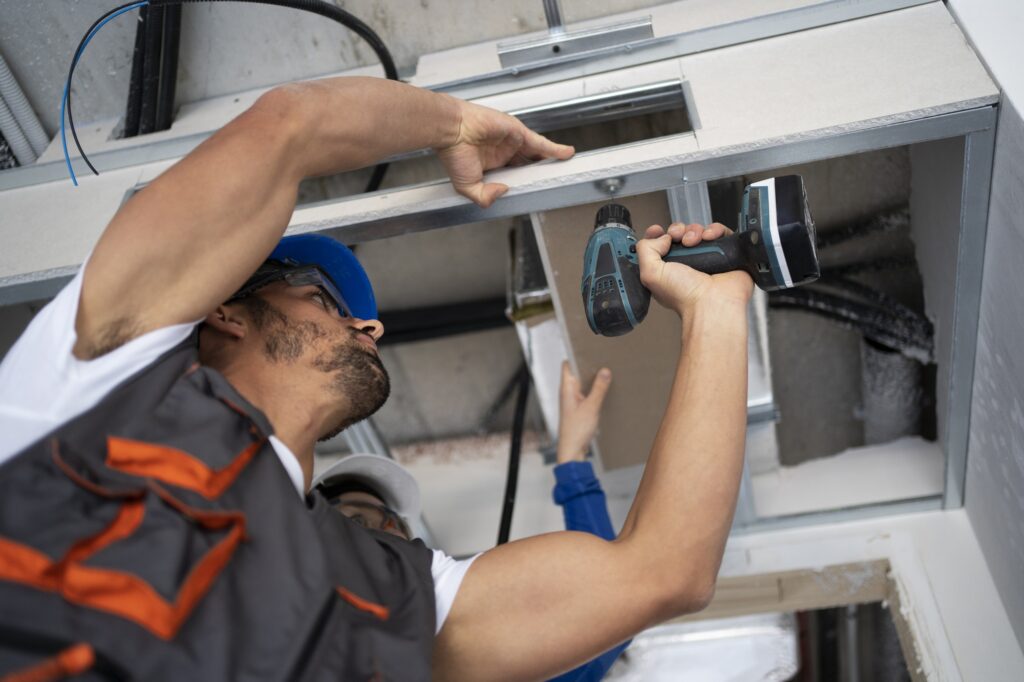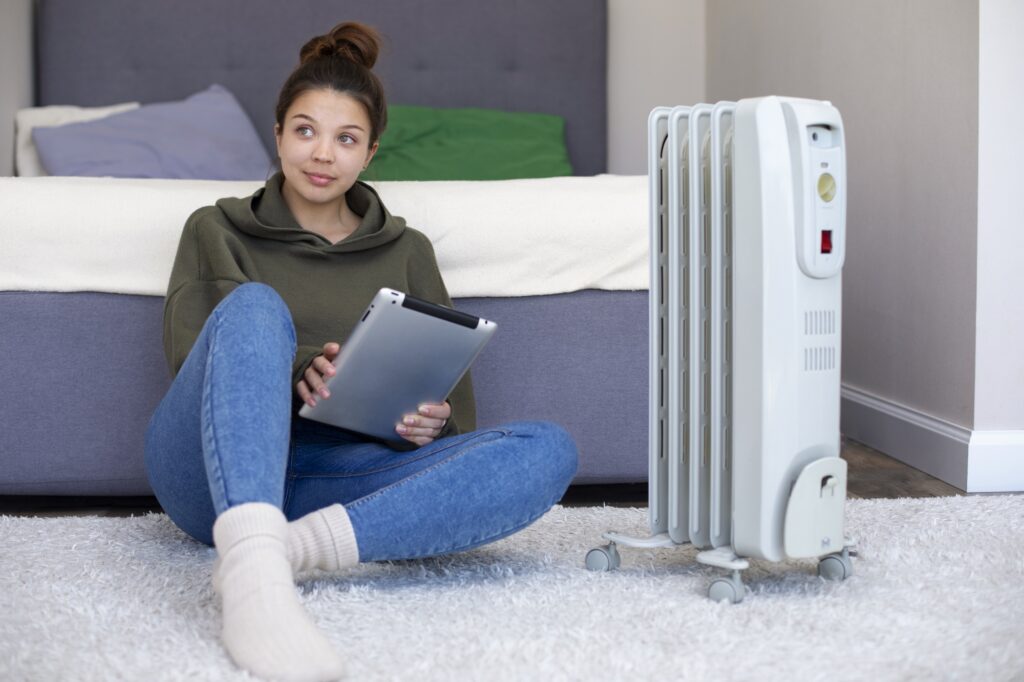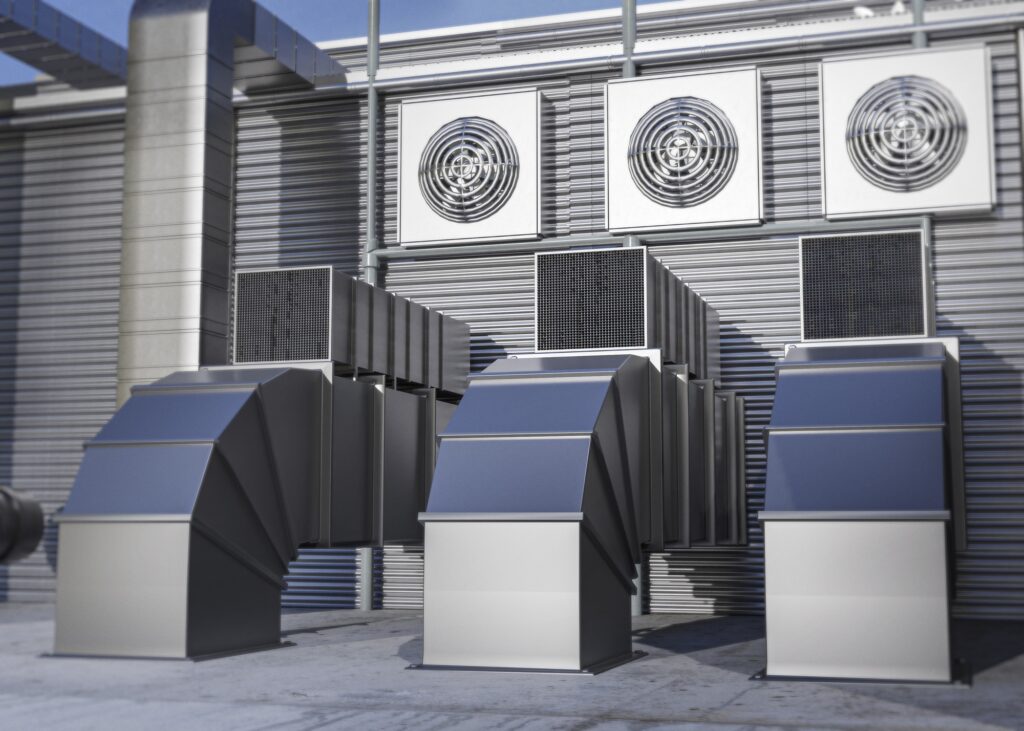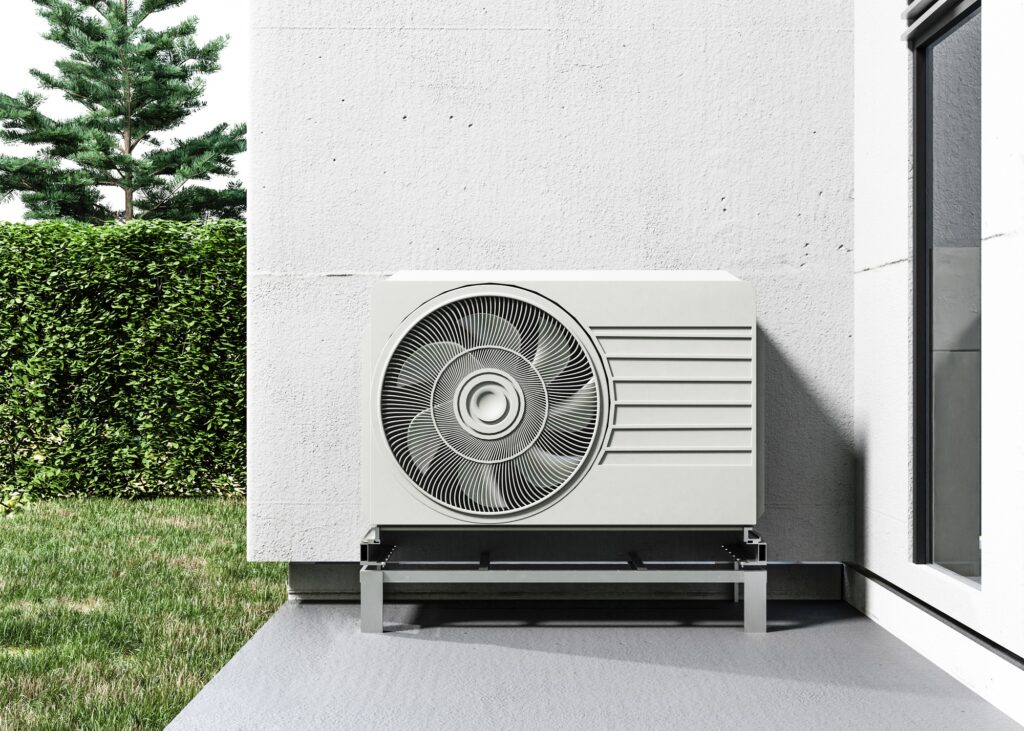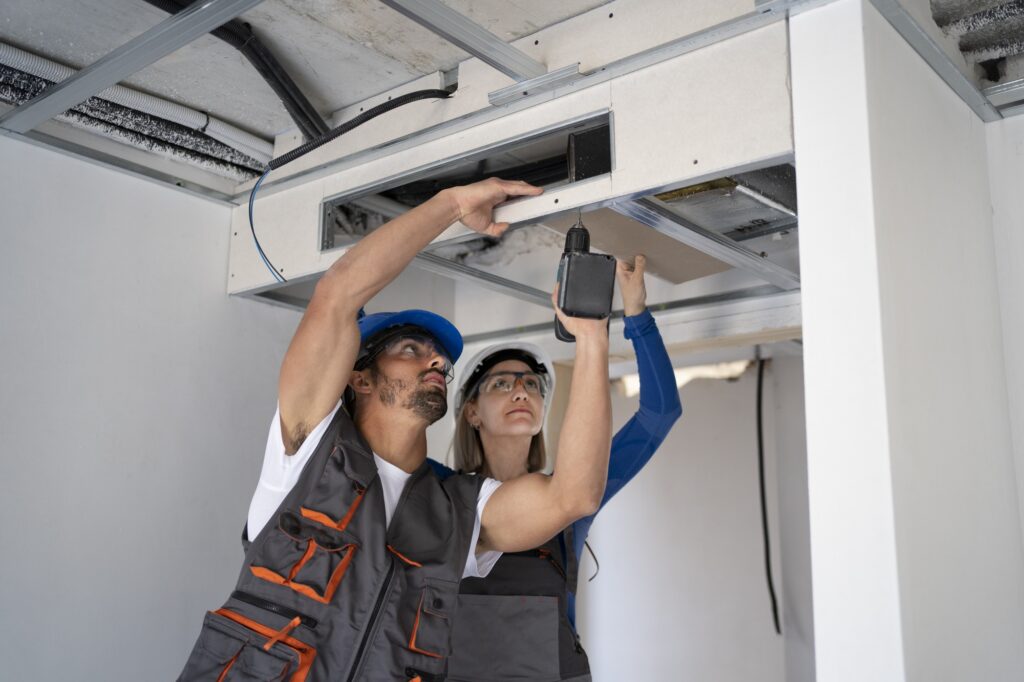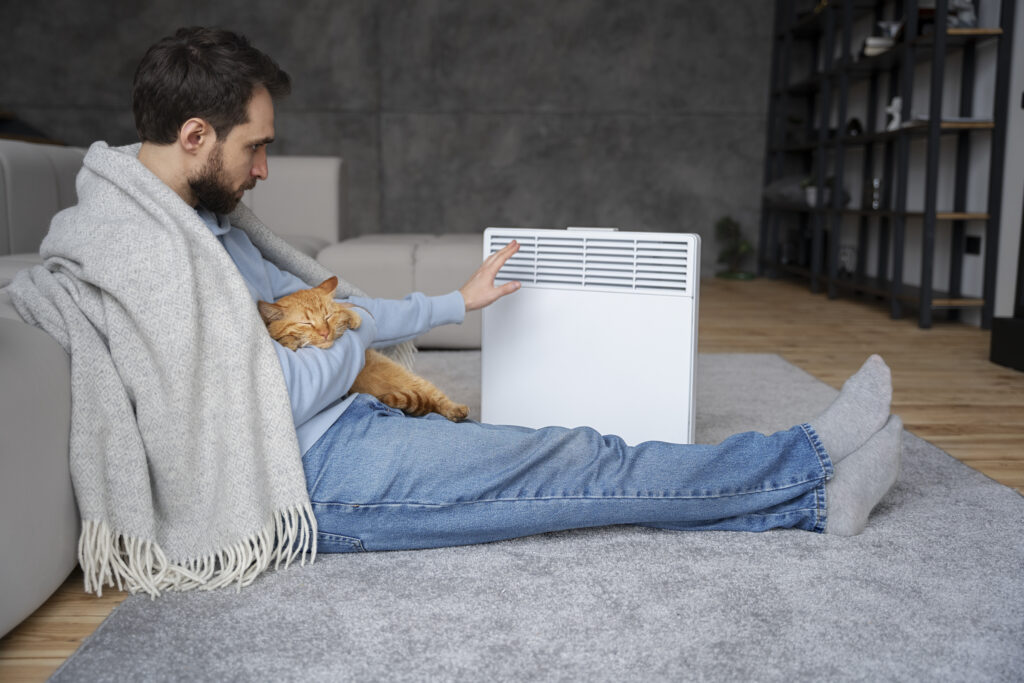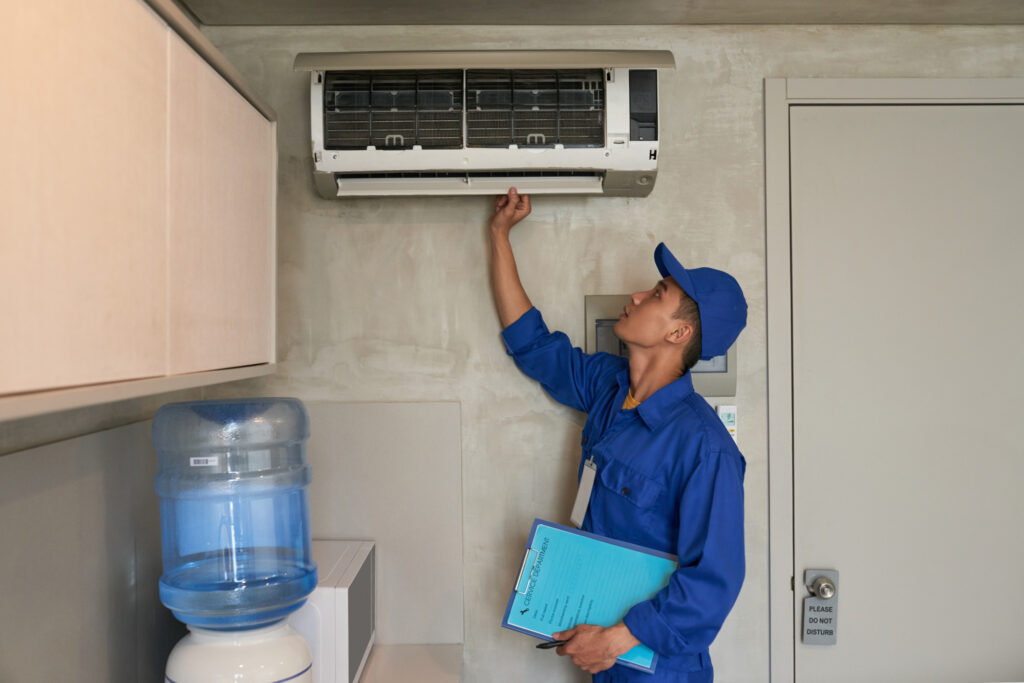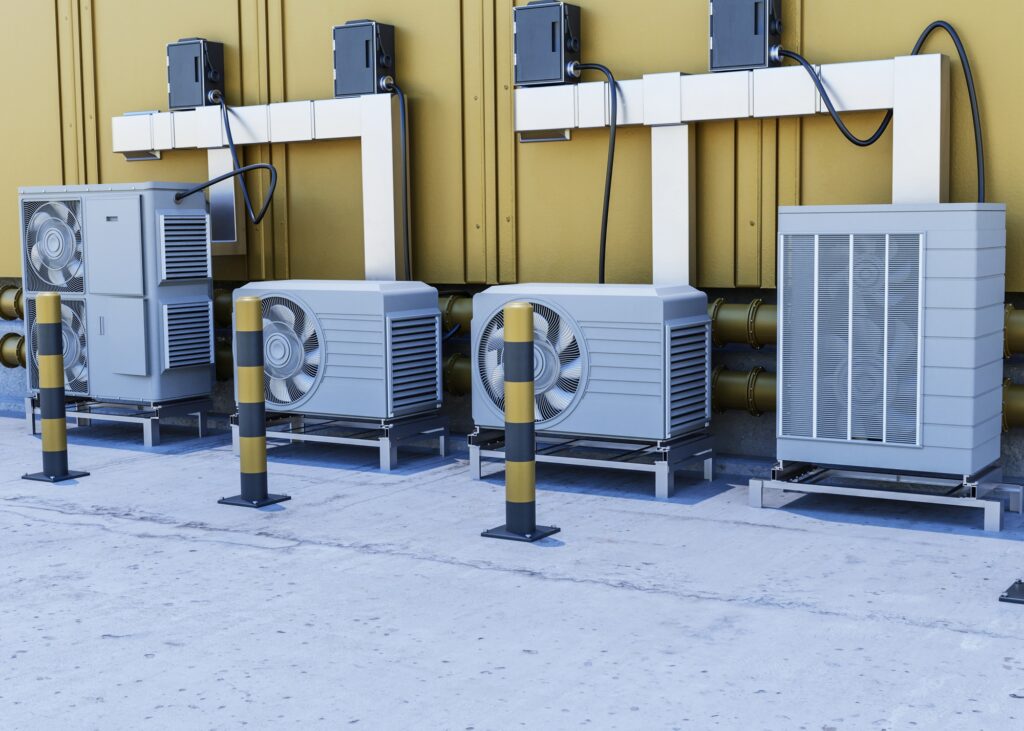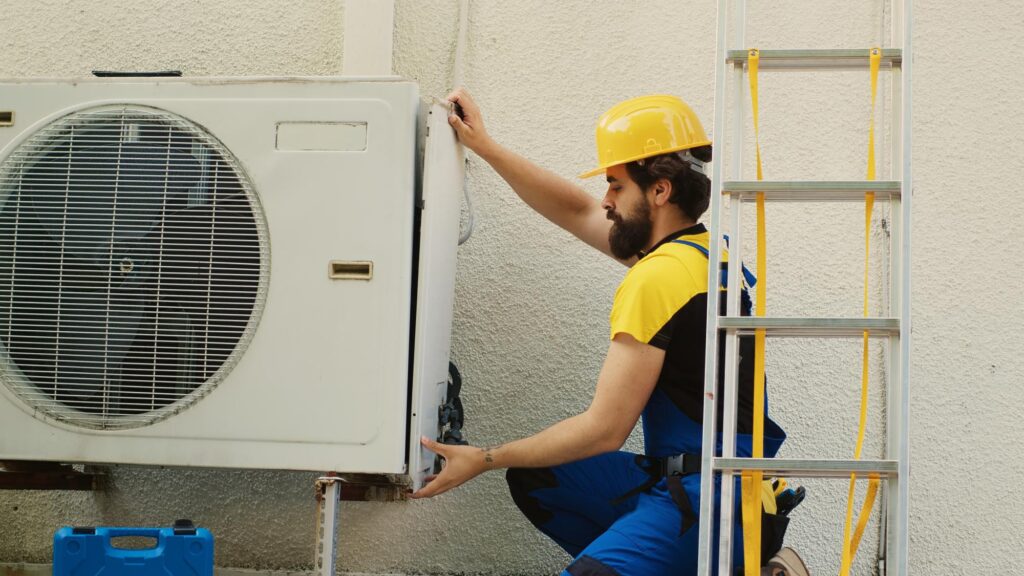In the heart of Delhi’s bustling summer, where temperatures often soar above 40°C, the Sharma family faced a dilemma familiar to many Indian households. Their old air conditioning unit was not only struggling to keep up with the heat but also causing their electricity bills to skyrocket. Concerned about their environmental footprint and rising expenses, they embarked on a journey to find a more sustainable cooling solution.
The Rising Demand for Cooling in India
India’s rapid economic growth and increasing urbanization have led to a significant rise in the demand for cooling solutions. According to the International Energy Agency (IEA), the surge in air conditioning usage, driven by rising incomes and climate change, is expected to be a major driver of global electricity demand in the coming decade. Financial Times
Embracing Energy Efficiency: The Shift to Inverter ACs
In response to the growing energy consumption, India has witnessed a remarkable shift towards energy-efficient technologies. The market share of inverter-based room air conditioners (RACs) has surged from a mere 1% in 2015-16 to an impressive 77% by 2022-23.
Inverter ACs offer several advantages over traditional fixed-speed units:
- Enhanced Energy Efficiency: Inverter technology adjusts the compressor speed based on the cooling demand, reducing energy consumption. For instance, the overall energy efficiency improvement for split ACs is 43% for 1-star and 61% for 5-star units.
- Cost Savings: Lower energy consumption translates to reduced electricity bills, providing long-term financial benefits.
- Improved Comfort: Consistent temperature control enhances indoor comfort levels.
Government Initiatives Promoting Sustainable Cooling
The Indian government has implemented several policies to promote energy efficiency in cooling systems:
- Star Labelling Program: Launched by the Bureau of Energy Efficiency (BEE), this program has significantly improved the energy efficiency of ACs, with a 61% improvement observed in 5-star rated split ACs.
- India Cooling Action Plan (ICAP): This comprehensive plan aims to reduce cooling demand, promote refrigerant transition, and enhance energy efficiency over a 20-year horizon.
Sustainable Cooling Options for Indian Homes
When considering eco-friendly HVAC solutions, Indian homeowners have several options:
- High-Efficiency Inverter ACs: Opting for 5-star rated inverter ACs can significantly reduce energy consumption and carbon footprint.
- Solar-Powered Air Conditioning: Integrating solar panels to power AC units can harness India’s abundant solar energy, reducing reliance on the grid.
- Geothermal Cooling Systems: Though less common, these systems utilize the earth’s stable underground temperature to provide efficient cooling.
- Passive Cooling Techniques: Implementing architectural designs that enhance natural ventilation, using reflective roofing materials, and planting shade-providing vegetation can reduce the need for mechanical cooling.
The Sharma Family’s Green Transformation
After thorough research and consultation with Singhal Air Conditioning, the Sharma family decided to install a 5-star rated inverter AC system. They also invested in solar panels to power their unit. This combination not only reduced their electricity bills by 40% but also decreased their household’s carbon emissions. The Sharmas now enjoy a comfortable home environment, knowing they’ve made a choice that’s both economically and environmentally sound.
Conclusion
As the demand for cooling solutions in India continues to rise, adopting sustainable HVAC options becomes imperative for a greener future. By choosing energy-efficient technologies and leveraging renewable energy sources, homeowners can enjoy enhanced comfort while contributing to environmental preservation.

